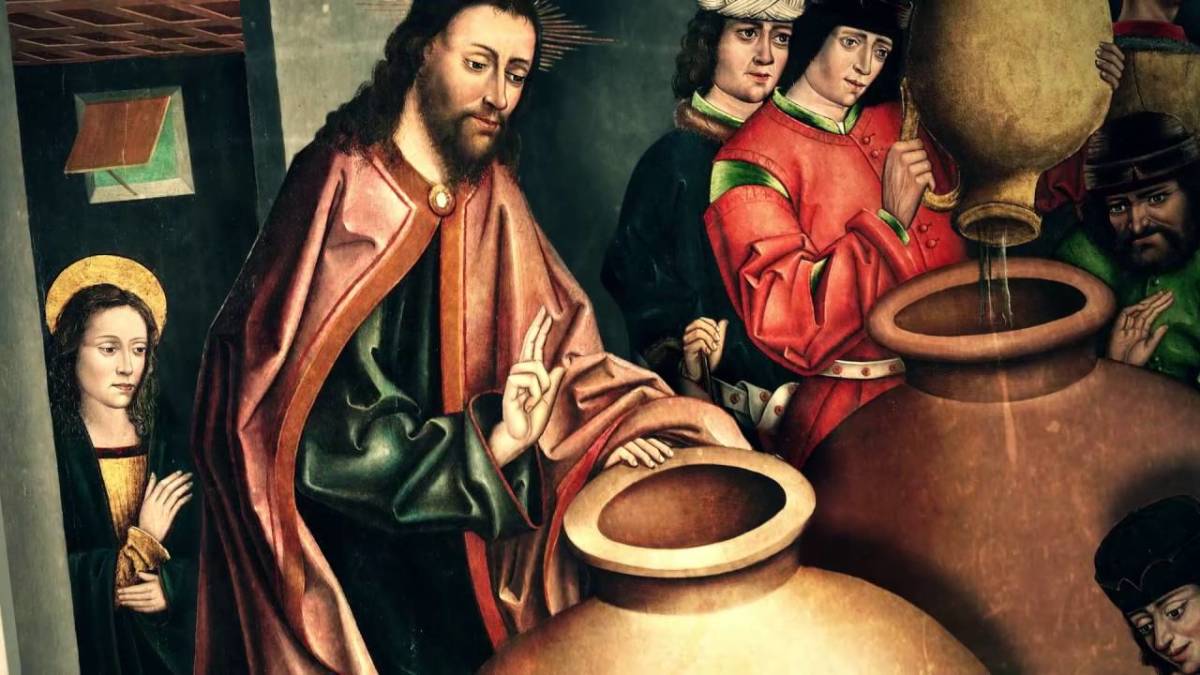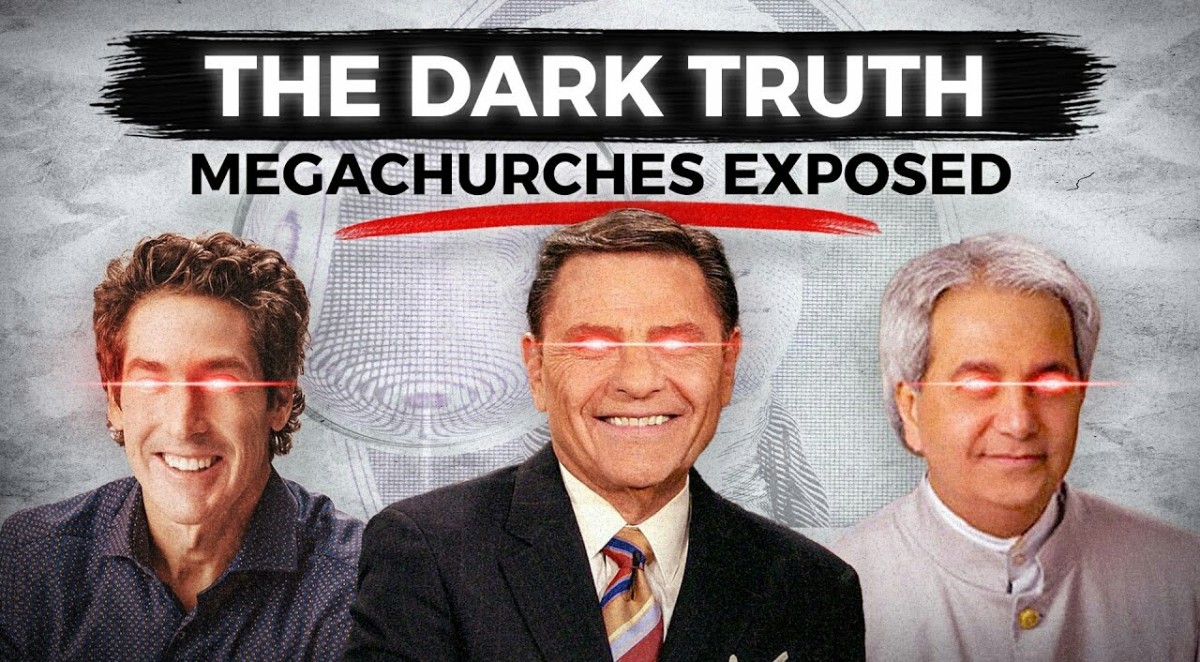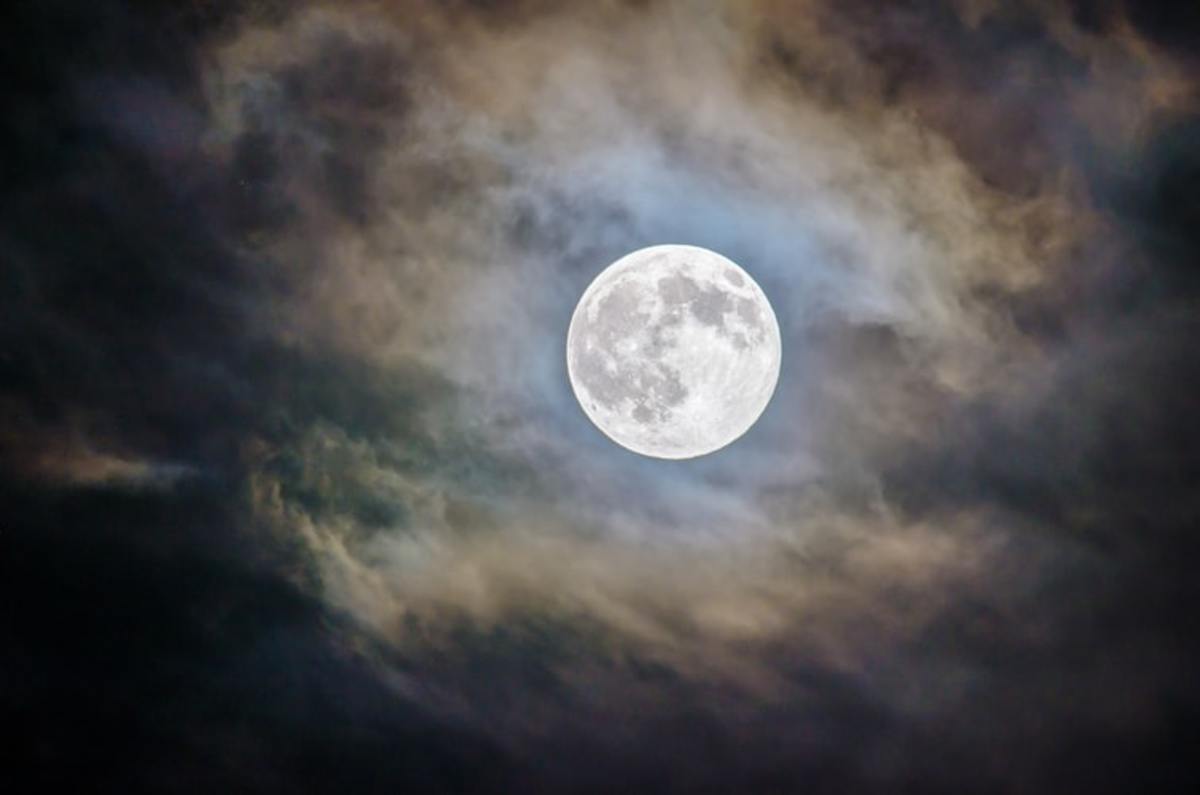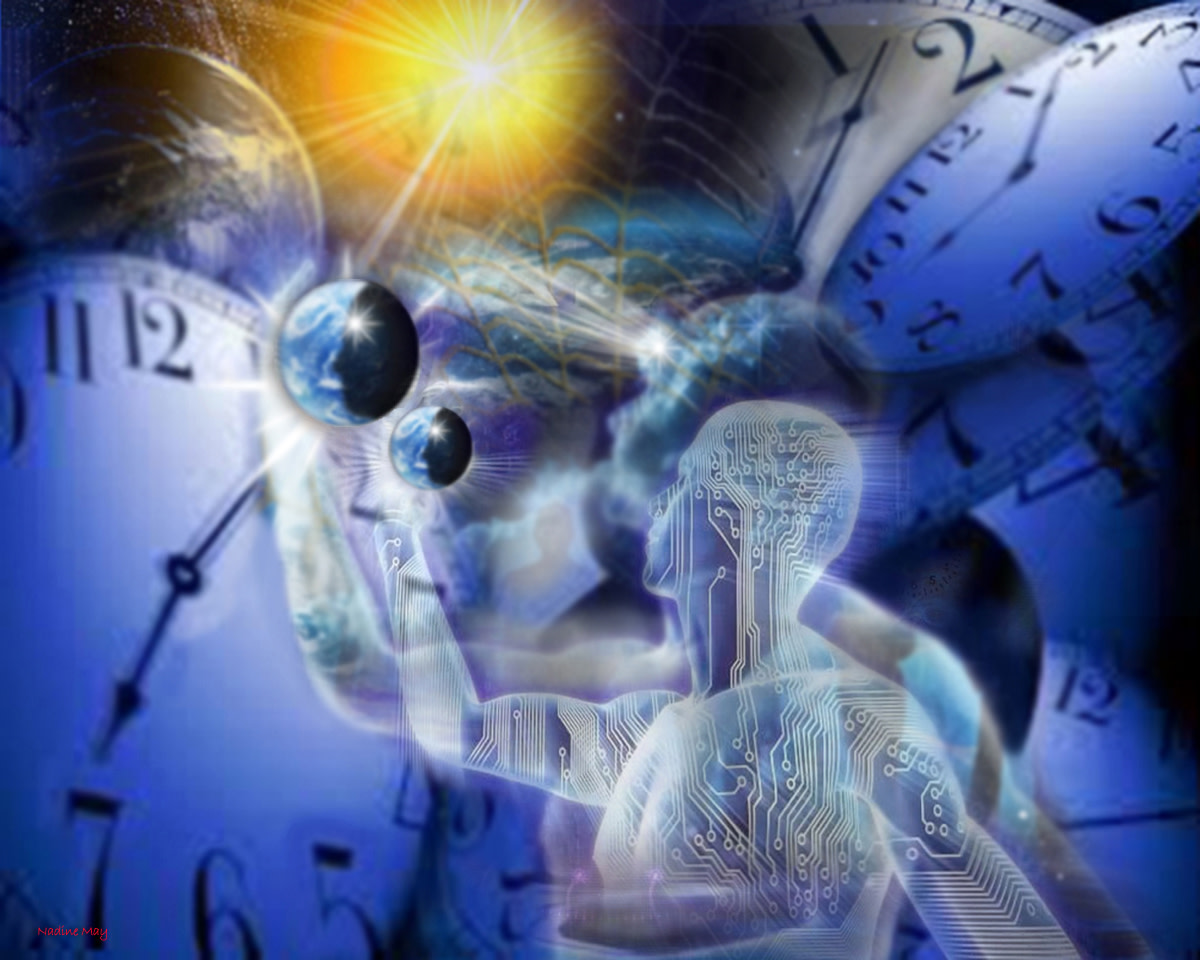Miracles Are Not Miraculous
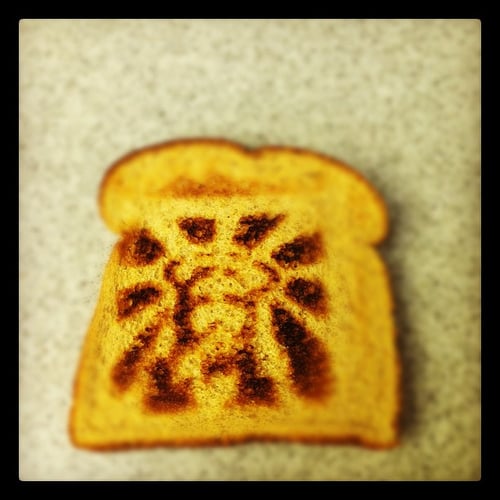
Have you ever experienced a miracle?
What is a Miracle?
A miracle is an event which suspends the laws of nature. Some examples which spring to mind include:
- Spontaneously travelling back in time.
- A deceased person climbing out of their grave and walking the streets.
- One of your inanimate stuffed toys waving at you.
We would all agree that these are miraculous events quite simply because they are impossible; they disobey the 'rules' which govern the universe (or at least, our current knowledge of them). So, for these events to occur, a "miracle" must have happened.
However, colloquially, the word ‘miracle’ is often used to describe a statistical unlikelihood, rather than an actual impossibility. Getting all twelve lights on your way home or correctly guessing all twenty-five questions on your multiple-choice test does seem pretty miraculous, but these events, while being statistically unlikely, are not impossible. I'm sure you've all experienced something like this; something that made you count your lucky stars and gleefully think "Hallelujah! The odds are on my side!".
It is not uncommon for people to brand impressive events like winning the lottery a miracle, or being told that they have a week to live and then inexplicably recovering. When these ‘miraculous’ events happen, people struggle to explain how overcoming such a large statistical disadvantage could have happened, and often attribute their cause to the agency of some divine or cosmic entity, despite the fact that these events can still occur within the realm of reality.
Maths Explains Miracles
Richard Dawkins performs a simple experiment on an audience, as can be seen in the video below. He assigns half of his audience as ‘heads’ and the other half as ‘tails’; tells the audience to think very hard and try to will the coin into landing on their assigned coin face, flips a coin, and eliminates half the audience based on the result of the toss. He continues flipping a coin and eliminating half of the audience each time until a lone boy is standing. He was assigned the correct coin toss eight times in a row! The question is, was his success the result of some sort of psychic power? Was this boy able to will the coin to land as it did each time? Was this a miracle of some sort?
Of course, we cannot ever disprove that this boy is psychic, but what is obvious from the experiment is that despite what anyone in that room was thinking or whether they willed the coin to land as it did or not, it was inevitable that SOMEONE would have been left standing, having been assigned the correct sequence of heads and tails eight times. And I’m sure you can imagine how this experiment could be expanded; imagine using a million people; the likelihood of being the lone person at the end is much lower, however, it would still be inevitable that someone would be left standing. There is no miracle here, despite the statistical unlikelihood.
Maths shows us that miracles aren't that miraculous. Dawkins' experiment exemplifies the fact that when you have a large group of people, unlikely events are expected. And when you live in a world as big as ours, with six billion people, unlikely events are, ironically, bound to occur.
Sounds Unlikely? Then it's Probably Not True
During the 18th century, In David Hume’s ‘An Enquiry Concerning Human Understanding’ the following maxim is found; “No testimony is sufficient to establish a miracle, unless the testimony be of such a kind, that its falsehood would be more miraculous, than the fact, which it endeavours to establish…” (For a bit more context click here to read a short excerpt). In other words, if someone says that they just saw someone walk on water, the fact that it is much more likely that this individual’s own testimony is wrong – perhaps the witness was intoxicated, dreaming, hallucinating, etc – than for the actual event to occur, means that it probably did not occur. This logic can be likened to Occam’s Razor, which suggests that the simplest answer is often the correct one.
Thus, the explanation that the boy left standing in the experiment was using a psychic power to control how the coin landed is less likely to be true than the alternative explanation; he just happened to be the person left standing. And thus, using Hume's logic, we should reject the former argument in favour of the latter. I should add that this logic does not in any way completely discount the possibility of a more complex or unlikely explanation being true, rather, it undermines the validity of such an explanation due to the availability of more probable explanations.
Littlewood's Law: Miracles Are More Common Than You Think
A mathematician named Professor John Edensor Littlewood founded Littlewood’s law, which states that ‘miracles’ happen almost monthly to each individual.
The law presupposes the following:
- That a miracle is an event which has the probability of one in a million.
- Each person sees/hears one “event” of either exceptional or unexceptional description every second that they are alert.
- Each person is alert for 8 hours a day.
Thus every 35 days, each person will likely experience one ‘miraculous’ event.
Of course, this law is an approximation and not everyone will/should agree with the definition he proposes for a ‘miracle’, and the idea of experiencing one ‘event’ every second seems a little sketchy.
However, what this law demonstrates is the continuation of the idea discussed above; that statistically speaking, it is unsurprising that intensely unlikely events, or ‘miracles’, occur.
'The Ecstasy of St Therese'
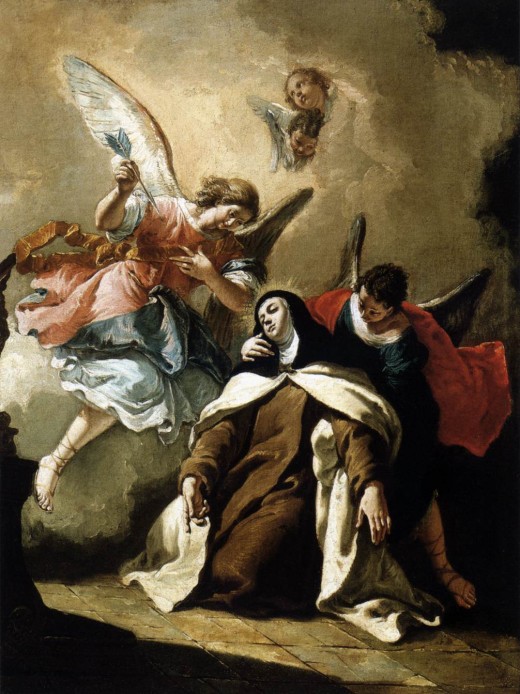
'Miraculous' Healing: St Therese
One of the criteria of becoming a saint in the Catholic religion is performing at least two miracles. A common miracle amongst canonized saints is that of miraculous healing.
St Therese has a total of four miracles attributed to her:
- The first was when Sister Louise of St. Germain recovered from debilitating stomach ulcers in the early 20th century.
- The second miracle involved a spontaneous recovery of Charles Anne from tuberculosis. Such events led to St Therese’s beatification (an initial step to being canonized), earning her the title ‘Blessed Therese’.
- Then, in 1925, Gabrielle Trimusi of Italy recovered from arthritis in her knee and tubular lesions in her vertebrae.
- The final miracle was the recovery of Maria Pellemans from pulmonary tuberculosis.
Doctors found these recoveries astonishing, and were unable to explain them with the available medical knowledge. Thus, after investigations, the Church accepted that these events occurred through the intercession of St. Therese and on the 17th of May in 1925, she was canonized by Pope Pius XI and officially declared a Saint.
Such declarations of miraculous recovery are often used as proof of divine intervention, and of the power of prayer. People are astounded when doctor’s get it wrong; when patients seem to overcome impossible odds despite the fact that multiple doctors had said otherwise.
However, from the previous discussion on statistically unlikely events, is it so crazy to believe that these recoveries could occur? These recoveries are considered miraculous because they are so uncommon and unexpected. But that is exactly why it is unsurprising that they have occurred; because there is a mathematical expectancy for occasionally statistically unlikely events.
When Charles Anne prayed to St Therese on his deathbed and he spontaneously recovered, is not the probability that such a recovery was due to Saint Therese’s intercession actually much lower than the probability that he was simply one of the statistically unlikely that just got lucky? According to David Humes, and Occam’s razor, the explanation of intercession being the cause of recovery is actually therefore probably untrue.
‘But what about the doctors?’, you say. ‘A total of three doctors confirmed Maria Pellemans’ diagnosis, and after she visited St Therese’s grave, she was found to be completely healed! How do you explain these accounts?’
Well, I’m glad you asked. Doctors are smart cookies, there’s no denying that. But there seems to be a prevailing societal belief that their opinions are infallible – which they certainly aren’t. Past medical and scientific research has been proven wrong time and time again, and incomplete understanding of a phenomenon is often to blame for the attribution of the word 'miracle'. It is entirely possible that these doctors may have been mistaken in their diagnoses and accounts of her illness. In fact, there are a multitude of other explanations for Maria Pellemans' recovery other than the intercession of St. Therese: There are also other explanations for her 'miraculous recovery':
- The doctors misdiagnosed her symptoms; thinking her more ill than she actually was.
- The doctor’s account of her instantaneous recovery was exaggerated.
- Maria Pellemans' immune system may have finally garnered enough strength to recover from her afflictions through no miraculous event other than the marvel of the human body.
- Medical research of the time was incomplete, leading to inaccurate knowledge or expectations of the illness.
Though some of these explanations may be unlikely, they are entirely within the realm of reality, and therefore much more probable than a saintly intercession.
The point is; there are in fact several alternative explanations for all of these miraculous healings that can explain their occurrence without having to resort to explanations that exist outside of the realm of reality.
The Raising of Lazarus
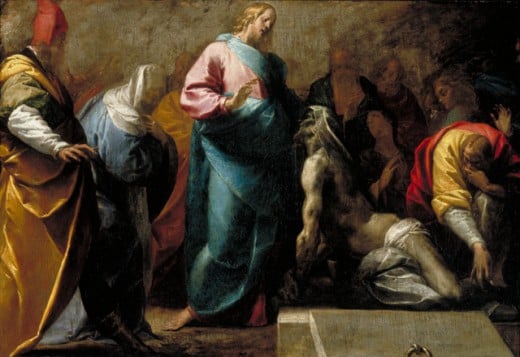
What's in a Name?
So after all that, what is a miracle? Can they even exist?
This is entirely up to you. Although so-called ‘miraculous events’ can often be explained by a myriad of alternative explanations other than a divine or cosmic interference, it does not rule out such an explanation. However, whether these explanations provide useful information useful to us is dubious.
Explanations of divine or cosmic interference require the suspension of reality to be possible; which, although logically cannot be disproven, has no evidence to support it's feasibility. Therefore, when explanations within the realm of reality can explain miraculous events, even if they are improbable explanations, I do not think that explanations of divine or cosmic agency are convincing.
I think the question of the existence of miracles depends on the definition of 'miracle' that you use. Maybe you subscribe to the Catholic Church’s definition of a miracle; an event that cannot be explained except through divine intervention.
With such a definition, I think it is unlikely that miracles exist, because each 'miracle' can in fact be explained with alternative explanations. For every seemingly "miraculous" event, there is a scientific reason or possibility to explain it. For every terrifying monster that haunts and steals from folk, there is a scooby gang to reveal said "monster" as a villain hiding under a mask.
Furthermore, no such event which requires the suspension of reality - like seeing a man who was just executed roaming the streets the next day, or seeing a tree walk up to you and give you a high five - has ever been confirmed to have occurred.
If you define a miracle as a statistically unlikely event, however, they definitely exist. In fact, they are mathematically required.
What do you think?
Are miracles that suspend reality possible?
© 2013 Michaela

